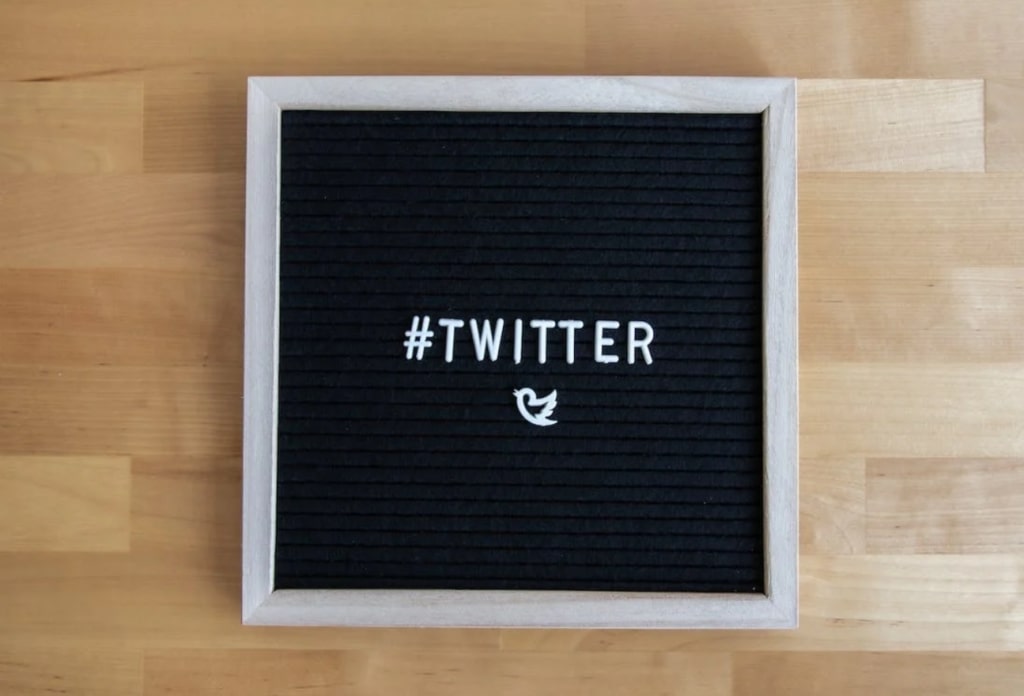The social media world has been watching the recent $44 billion acquisition of Twitter by billionaire Elon Musk. Since officially purchasing the company (Oct 27, 2022), the world of Twitter has been in a state of uncertainty. Mainly, brands are wondering about the viability of the platform’s future.
As an organisation or brand, you want to invest in social media platforms for the long haul to build up your reputation, following, and engagement. What does the new Elon Musk Twitter acquisition mean for your brand? Will you stay active on Twitter or refocus your energies on a different social media platform?
In this article, we summarise what’s happening now and share the Twitter pros and cons of using this social media platform for your business.
Signs of recent Twitter instability
As of writing this article, Twitter has shown several key signs of instability:
- Advertisers are pulling campaigns: Many major organisations are pulling their ads on the platform over its uncertainty and concerns over how the platform will moderate content. Twitter gets 90% of its revenue from advertisers, so this will have significant ramifications on the company’s financial viability. The platform plans to recoup revenues by charging users for Twitter Blue subscriptions, which allows people to have the blue verified badge, but will this be enough to keep the company afloat?
- Twitter Layoffs: Social media feeds have been full of reports from Twitter employees being fired in recent weeks. It’s estimated that nearly 50% of employees have been fired, including top executives and people from all departments. The reasons are not fully clear but are being attributed to loss of revenue (based on loss of so many key advertisers) and/or Elon firing anyone who has (allegedly) shown opposition to the acquisition. Many other employees are also resigning after allegedly being asked to work longer hours.
- Twitter bankruptcy?: In his first week at Twitter, Elon Musk sent an email to employees stating that Twitter will go bankrupt if it doesn’t generate revenue. This was, again, in response to the advertiser pull-outs. He then proceeded to sell $44 billion worth of Tesla stock to re-inject into Twitter.
This is an evolving story, and the coming weeks and months will likely see considerable changes in the social media landscape. Here’s what we know about Twitter pros and cons so you can make an informed decision on whether to focus on this platform going forward:
Pros of Twitter for business
Politics and Elon Musk aside, here are some ways Twitter is good for your business:
- Good for social listening and customer support: Customers like to share on social media when they are dissatisfied with a brand or product. When your brand is actively monitoring branded hashtags and profile tags, you’ll likely discover who is tweeting dissatisfaction with your brand. You can quickly gauge customer sentiment and reach out to unhappy customers to provide support or remedies.
- Good for networking: Twitter can be helpful for business networking. You can easily follow your favourite brands and people and interact with them through comments and conversations.
- Room for “witty” content: Twitter posts are pretty short, leaving room for witty posts if that suits your brand style. Fast food chain Wendy’s does this very well and injects humour into many of its posts and comments. Wittiness isn’t always welcome on platforms like LinkedIn, for example.
- Tweet threads work: If you feel restricted by 280 characters, try a Tweet Thread. These are multiple social posts that you publish as a batch, at the same time. When it appears on a user’s feed, they’ll see all posts linked together. It’s much easier for people to follow your conversation this way than if you posted minutes apart (which would separate them on your feed), forcing people to hunt to read the whole story.
- Pitching journalists: Many journalists look to Twitter for story leads. Using branded hashtags like #JournoRequest can help build brand recognition in the media.
- Quick soundbites: Unlike other platforms where you can write near-endless length social media posts, Twitter restricts you to 280 characters. This forces you to be more intentional with your words and to avoid being to wordy (unless you do a Tweet Thread).
- Testing content: Twitter is great for testing content ideas in short soundbites before investing in larger content creation projects. You can test ideas on Twitter, see which ones people respond to most, and assign more resources to create more and longer form content for that topic for other channels.
At the moment, it doesn’t look like Elon is changing any of these positive brand-building aspects of Twitter, but we will be following closely.
Cons of Twitter for business
Twitter isn’t a platform for everyone. Here are a few reasons or disadvantages of using Twitter as a brand:
- “Rented Land”: This phrase, coined by Joe Pulizzi, refers to social media platforms as “Rented Land.” It’s a platform you don’t own but post content to. In comparison, your website is owned content (or “owned land”). On social media platforms like Twitter, you do not control your followers or have much impact on where your content shows up in feeds. Much of this is determined by the algorithm of each channel. And as we’ve seen, these algorithms often change, keeping social media marketers on their toes to appease the changing algorithms.
- Outbound links are discouraged: Twitter, like many other social media platforms, tends to disfavour posts that link users off the platform. For example, you’ll likely find more success linking to your social media profile page rather than your company website. To play the “game,” you’ll want to focus on sharing within the platform you’re engaging in as much as possible.
- Just as easy to go viral for negative reasons: Twitter posts can go viral easily, as we’ve seen with the Kardashians, Donald Trump, and Elon Musk posts in the past. However, it’s just as easy to go viral for negative reasons as positive so be cautious of your posts to avoid getting negative attention.
- Can be a time suck: Monitoring and managing Twitter and doing it well requires a considerable time commitment. This is similar to many other social media platforms, but there are ways to automate some social media activity. Because it’s so time-consuming, we often see outsourcing social media management and content as one of the first things organisations outsource to an online marketing agency like Out-Smarts Marketing.
- Future unclear: Twitter was founded in 2006. Its user base has grown every year, until the past months when it’s seen huge drops, likely attributed to the Elon Musk acquisition. Elon’s new Twitter has reportedly been focusing on removing obvious spam bots, likely contributing to some of these user account drops. Many accounts we manage at Out-Smarts have seen the same decline in followers since Elon bought the company.
- Not able to go into in-depth content: With 280-character limits, Twitter is not the place to promote long-form content within the platform. It will hinder you from posting detailed content, perspectives, or knowledge (without using a Tweet Thread).
- The “Shelf life” of tweets is short: It’s recommended that brands post to Twitter at least once per day, but ideally anywhere from 5-20+ times per day. This is because the shelf life of a tweet is very short, usually only 15-24 minutes. More posts help you stay top of mind for your followers.
- Can be spammy: Twitter has become a sporting ground for Bots and scammers. It’s usually pretty easy to spot them, but that doesn’t stop them from cluttering your feed or creating spoof or imitation accounts of your brand. This is one of the positives coming from the Elon Musk acquisition: He’s actively focusing on removing spam bots, which is likely why you’ve seen a drop in followers these past few weeks.
- Potential toxic atmosphere: Twitter conversations tend to get heated quickly. It can create a toxic atmosphere. If these heated conversations relate to your brand or content, monitoring and responding can be time consuming.
The Verdict: Should you be on Twitter?
Now you have the Twitter Pros and cons. What does all this mean? Should you maintain your brand’s Twitter account or remove your account? Like any social media platform, you should start with a solid strategy that is flexible enough for when things like the Elon Musk acquisition happen, you’re ready to pivot if needed.
We never suggest putting all your “social media eggs” into one basket. Diversifying your social media by focusing on 2-3 key channels is best, just in case a platform goes down (social media platform-specific outages happen all the time) or completely shuts down. If you invested all your time and money into Twitter, and it goes bankrupt, you’ve lost a key marketing and sales driver for your business. You’ll then need to seek new channels to replace that source.
Due to Twitter’s current instability, we suggest you download your tweet history if you’ve posted valuable content on Twitter. Then, if the platform suddenly shuts down, you have an archive of your content.
The social media team at Out-Smarts Marketing is staying on top of the Twitter and Elon Musk developments, so you don’t have to. We can help you create a social media strategy that diversifies and focuses on the positives of each social media platform you choose.
Let us help you demystify the world of (and ongoing changes in) social media marketing. Book a discovery call to talk more about it.




